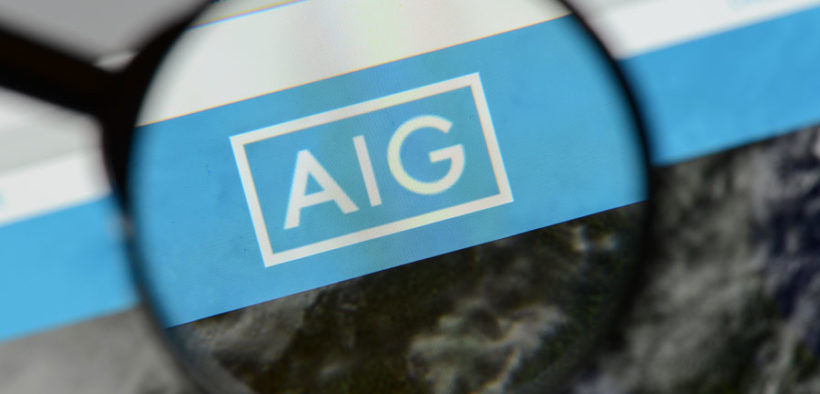Six considerations for a multinational insurance program

ADVERTORIAL
As your business expands across time zones and borders, your opportunity for growth and prosperity increases as does your exposure to risk. How will you protect your company? What are your options? The opportunities? The potential obstacles?
The reality is that there is more than one way to build an effective multinational insurance program. That’s why at AIG Multinational we provide three uniquely different policy options. Whether it’s local policies, a single global policy, or a Controlled Master Program, we will help you find a solution that fits your specific needs. However, the first step is to assess the risks you might encounter — from every angle.
Six factors that will guide your decision-making process:
Exposure evaluation: The greater the exposures, the greater the need for local insurance protection. What products/services do you provide? What type of physical presence do you have? What lines of insurance are you considering? What contractual counterparties do you have?
Coverage: A global policy for local risks. Are there particular insurance terms and conditions that local operations need to be adequately protected? Are the necessary terms and conditions available only under a local policy?
Compliance: A multinational’s regulatory and premium tax requirements. Does local law require the local subsidiary to purchase and/or be covered by insurance from a locally licensed carrier? Does local law prohibit the local subsidiary from purchasing and/or being covered by insurance from a carrier not locally licensed? Will the parent company need to settle and pay premium tax in the local subsidiary’s country?

Proof of insurance: Satisfying local authorities. Are local operations required to obtain insurance from locally licensed carriers? Does a contractual counterparty or government entity need to be shown evidence that coverage has been obtained locally? Will failure to provide evidence of locally obtained insurance breach contractual covenants or trigger any commercial, contractual, or reputational consequences?
Claims: The need to respond locally. Can the local subsidiary retain local counsel to defend a lawsuit? Will the subsidiary be able to retain loss control experts, engineers, and medical providers to assist in the claim adjusting process? Will the subsidiary be able to retain investigators, search for beneficiaries or arrange for housing or other accommodations in the wake of a loss? Will the subsidiary be able to arrange for immediate medical treatment and evacuation?
Corporate tax: Tax liability and capital. Will the claim need to be paid in-country? If the global policy cannot respond by paying the claim locally and must instead pay the parent company, will the parent company incur tax liability in its home country? Will the parent company need to make a capital contribution to the local subsidiary; if so, will the local subsidiary incur tax liability? Can the local operation survive if the parent company does not infuse capital to make it whole for a loss?
AIG Multinational is one of the world’s leading insurance companies, with a global network of underwriting and claims experts in more than 400 worldwide offices. That’s why we can back your multinational insurance program with licensed carriers in large commercial hubs like London, Paris, Tokyo, Hong Kong, Singapore, and Sao Paulo. Moreover, in smaller regions like Papau New Guinea, Kenya, and Qatar.
Let us put over 80 years of multinational experience to work for you. Designing, implementing, and servicing a global insurance program that fits your needs and considers your preferences.














